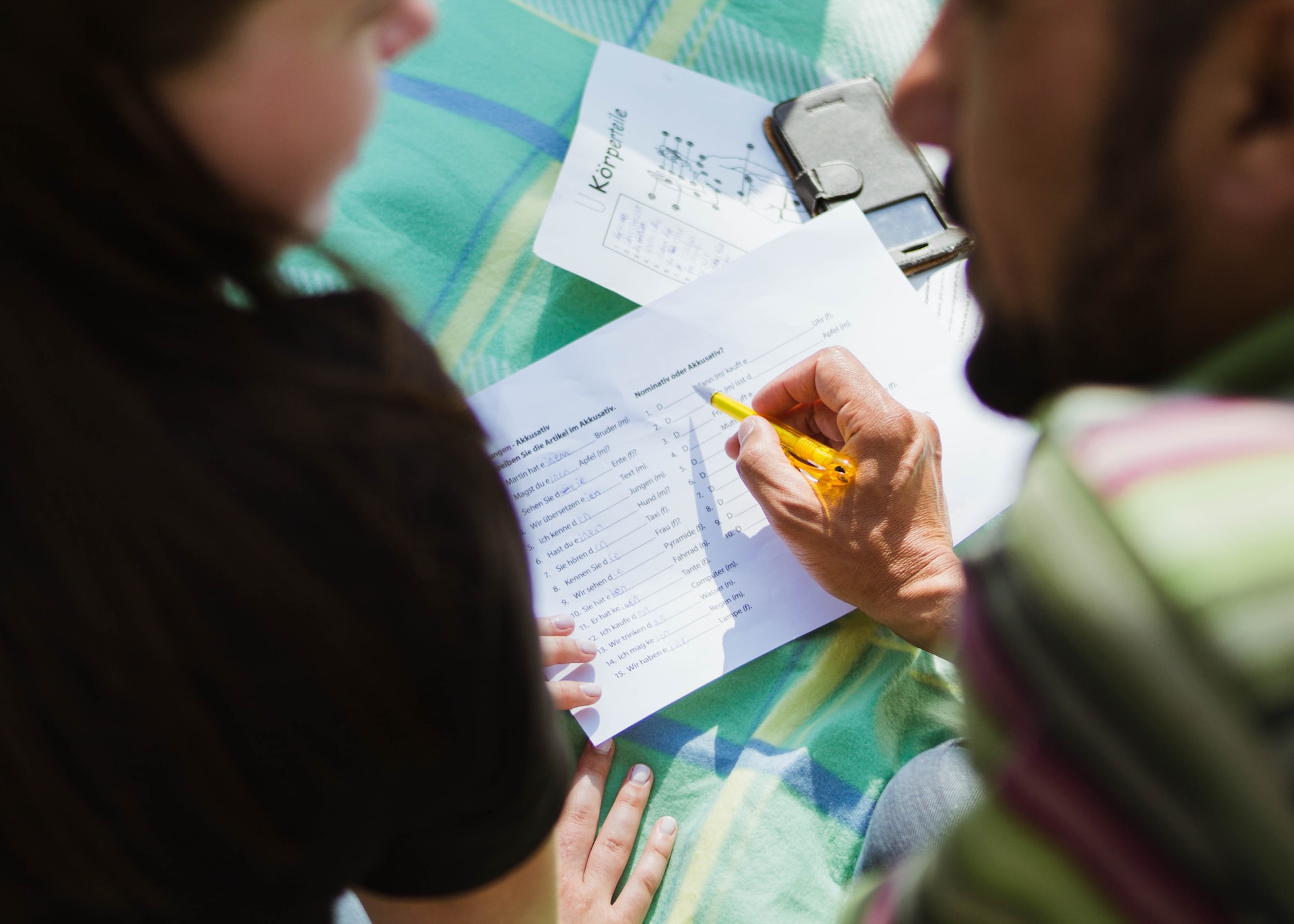Introduction Embarking on a journey to learn a new language involves not only speaking and reading but also mastering the
Tag: bipa
Counting in Indonesian: Numbers Unveiled – Join the Numerical Adventure for Language Proficiency!
Introduction Embarking on a journey to learn a new language involves more than just mastering words; it’s about understanding the
From A to Z: Navigating the Indonesian Alphabet and Writing System – Lay the Foundation for Your Language Success!
Introduction Mastering and learning linguistic journey is an exciting venture, especially when delving into the intricacies of a unique writing
Perfecting Pronunciation: Your Guide to Indonesian Speech – Unlock the Power of Clear Communication Now!
Introduction Clear pronunciation is the key to unlocking the full potential of your communication skills in Indonesian. Whether you’re a
Mastering Bahasa Indonesia: A Vocabulary-Building Odyssey for Fluent Conversations!
Now that you’ve laid the groundwork for mastering Bahasa Indonesia, let’s delve into advanced tips that will propel you towards
Master your pronunciation: Master your world

The urgency of learning Indonesian cannot be underestimated. Indonesian opens doors to incredible opportunities with its cultural richness and economic importance. Mastering Indonesian will enable you to communicate, connect and embrace the vibrant Indonesian world. So take the moment to go on this language adventure and let the beauty of Bahasa Indonesia enrich you.
“Rajin” or “giat”? Which one should I use?

Have you ever come across words that have the same meaning even though they are different, such as “bahaya” and
Compound words in Indonesian language

A compound word is a combination of basic words. According to the rules of the Indonesian language, these word combinations
Understand the use of pronouns -ku dan kau-


he pronouns -me and you- are used when replacing the words ‘you’, ‘thou’, ‘he’ and ‘they’ and are shortened to -me, you-, -mu, and -nya.
The use of -ku and kau- is connected to the word that follows. However, when ‘kau’ is not used as a pronoun, it must be written separately from the word that follows, such as “bukuku”, “bukumu”, “bukunya” and “kaupinjam”. The writing is not “buku ku”, “buku mu”, “buku nya” and “kau pinjam”.
Writing loanwords in Indonesian: part 1



In addition to its own vocabulary, Indonesian has borrowed words from other languages, including Javanese, Sundanese and Minang, and foreign languages like English, Arabic and Dutch.
